Kras Mutation Colon Cancer Treatment
Kras mutation colon cancer treatment. Vectibix is approved by the FDA to treat patients with colon or rectal cancer who had progressed on all other therapies. The NCCN added KRAS testing to their 2009 clinical practice guidelines for colon and rectal cancers3334 and stipulated that only patients with wild-type normal KRAS genes should receive treatment with cetuximab Erbitux or panitumumab Vectibix. EMICORON downregulates KRAS expression.
About 30 of human cancers account for point mutations in the KRAS gene particularly in adenocarcinomas of the pan-creas lung and colon. Oxaliplatin sensitivity in colon cancer cells by ERCC1 downreg-ulation. These data suggested that metformin use was more effective for those mCRC patients with the KRAS mutation.
Phase 1b2 study of the polo-like kinase 1 PLK1 inhibitor Onvansertib in combination with FOLFIRI and bevacizumab for second line treatment of KRAS-mutated metastatic colorectal cancer. Amado MD and colleagues concluded in a 2008 GI Symposium abstract that. 2020 ESMO Virtual Congress.
In the adjuvant setting we usually do not collect information on KRAS mutational status because monoclonal antibodies targeting the epidermal growth factor receptor EGFR are not effective in this situation. According to the National Comprehensive Cancer Network NCCN clinical practice guidelines for colon cancer all patients with metastatic colorectal cancer. This study performed the first population-based examination of associations between KRAS mutations tumor location and survival and assessed factors associated with documented KRAS testing.
One possible reason for the controversial therapeutic activity of metformin in colorectal cancer is that the KRAS mutation is not. The DNA extracted was amplified by PCR. Because RAF is an important effector downstream of RAS in the ERK signaling pathway it could be a potential target for treating KRAS mutated tumors.
Ahn DG Erlander M Ridinge M et al. PurposeKRAS mutations and tumor location have been associated with response to targeted therapy among patients with stage IV colorectal cancer CRC in various trials. Oncogenic KRAS mutants are prevalent at positions 12 13 and 61 in cancer patients.
These days it is rare to see a colorectal cancer patient whose KRAS mutation status is not known especially one who has advanced colorectal cancer. The most common substitutions are for glycine at the 12th and 13th positions for G12D 337 G12V kras mutated colorectal cancer.
Amado MD and colleagues concluded in a 2008 GI Symposium abstract that.
Unfortunately KRAS mutations have long been considered impossible to treat with drugs but MD Anderson researchers have made recent breakthroughs in developing targeted therapies with promising results. Fortunately novel approaches to improve outcomes are in the pipeline according to world-renowned expert Eric Van Cutsem MD PhD speaking at the 2010 Gastrointestinal Cancers Symposium. 2020 ESMO Virtual Congress. Unfortunately KRAS mutations have long been considered impossible to treat with drugs but MD Anderson researchers have made recent breakthroughs in developing targeted therapies with promising results. A mutation in the KRAS gene is a predictive biomarker for a poor response to EGFR-inhibitors. The most common substitutions are for glycine at the 12th and 13th positions for G12D 337 G12V kras mutated colorectal cancer. Therefore patients with a KRAS mutation or unknown KRAS status should not receive EGFR-inhibitors like cetuximab or panitumumab alone or in combination with chemotherapy. Since the discovery of KRAS gene mutations in 1983 researchers have worked to develop new therapies that target this protein when treating cancer. Because RAF is an important effector downstream of RAS in the ERK signaling pathway it could be a potential target for treating KRAS mutated tumors.
Since the discovery of KRAS gene mutations in 1983 researchers have worked to develop new therapies that target this protein when treating cancer. These data suggested that metformin use was more effective for those mCRC patients with the KRAS mutation. Therefore patients with a KRAS mutation or unknown KRAS status should not receive EGFR-inhibitors like cetuximab or panitumumab alone or in combination with chemotherapy. Unfortunately KRAS mutations have long been considered impossible to treat with drugs but MD Anderson researchers have made recent breakthroughs in developing targeted therapies with promising results. While no mature inhibitor-targeted therapies for KRAS-mutant mCRC have been currently adopted into clinical treatment data from preclinical and clinical trials indicate potential combination-treatment options for KRAS-mutant mCRC patients such as curcumin plus regorafenib or PI3K inhibitor plus MEK inhibitor. 2020 ESMO Virtual Congress. A mutation in the KRAS gene is a predictive biomarker for a poor response to EGFR-inhibitors.


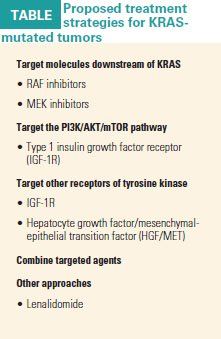



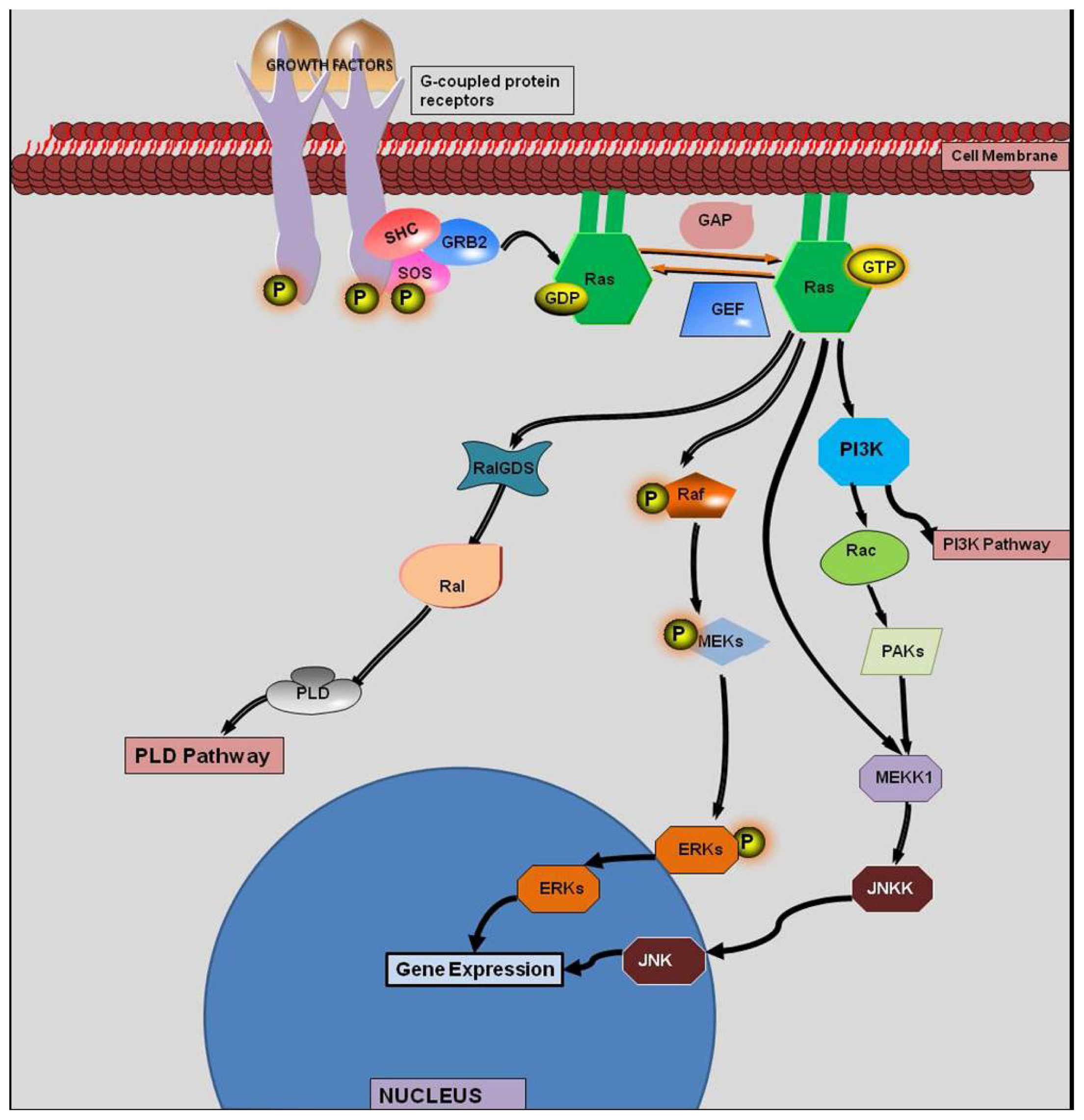





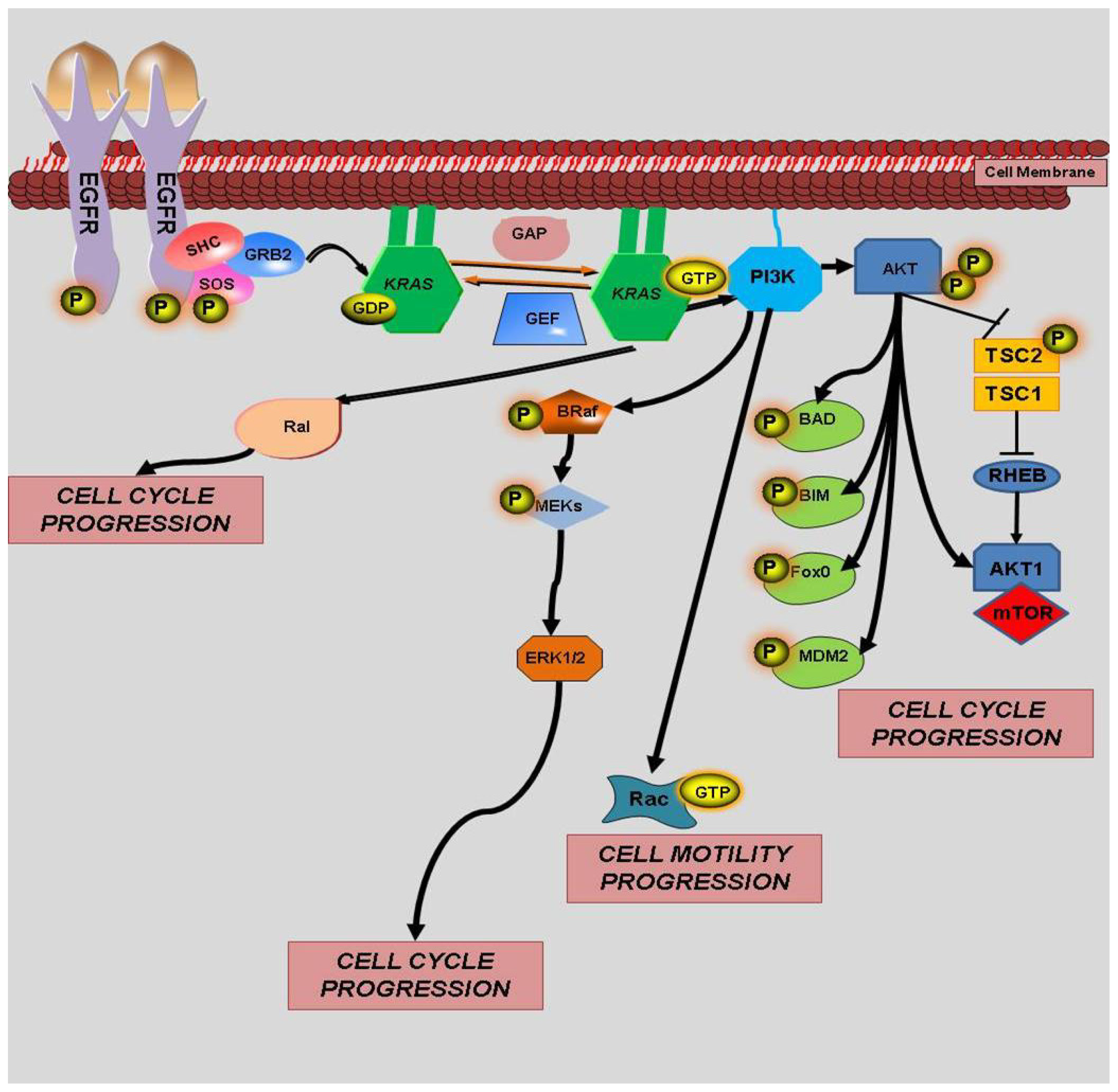


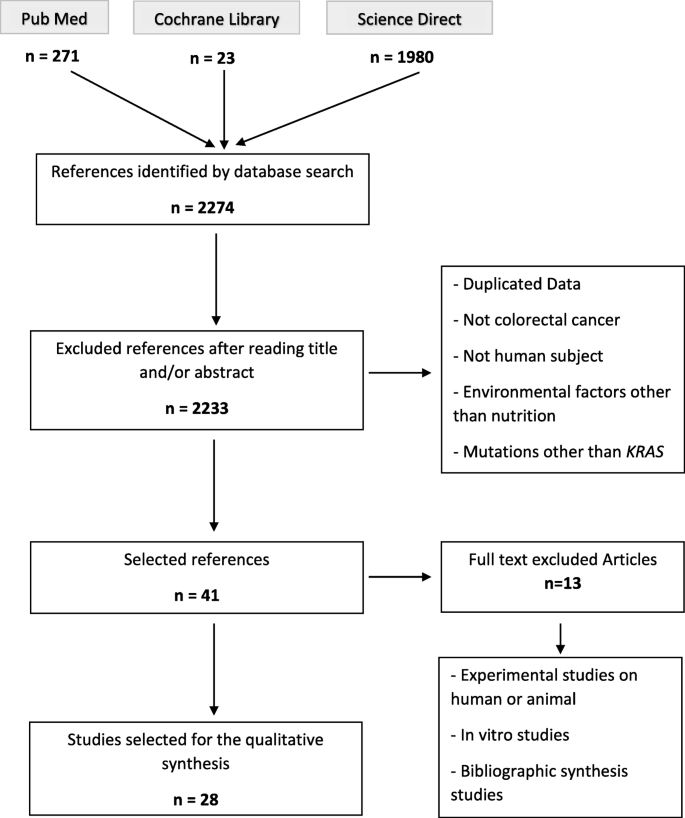
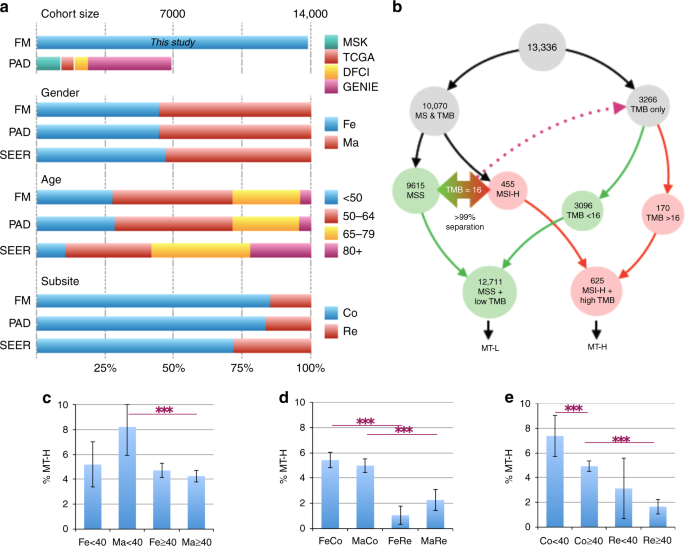







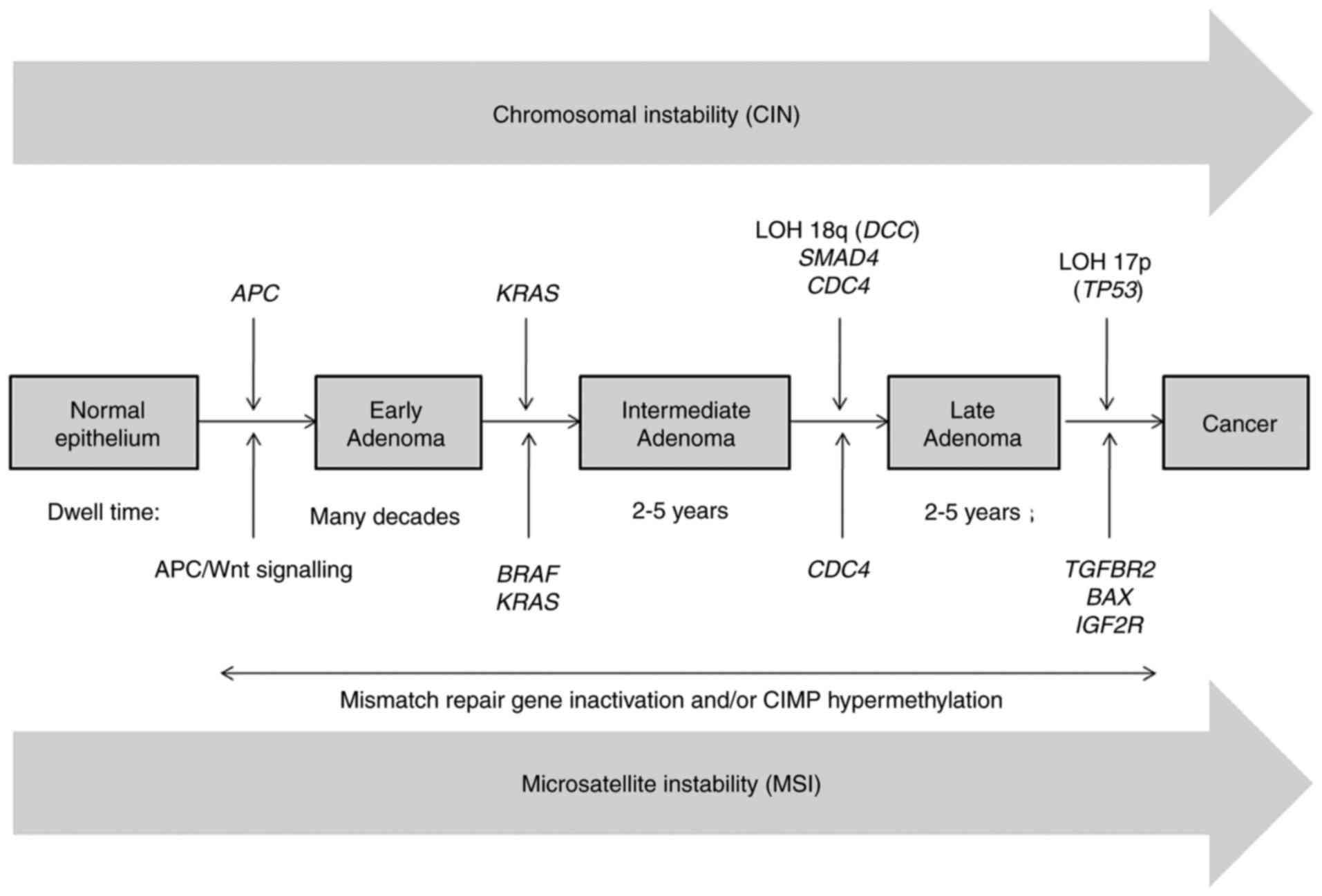


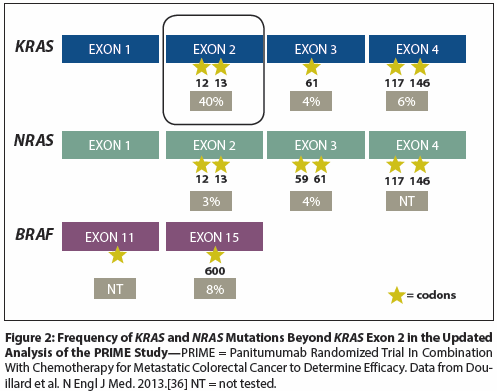
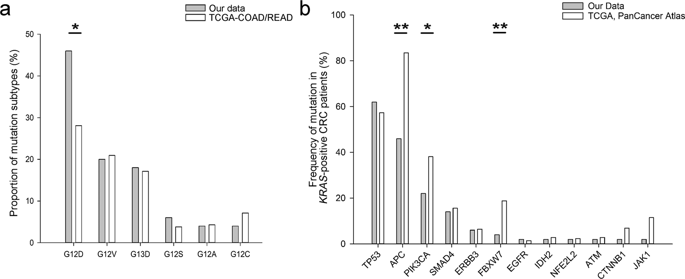
:max_bytes(150000):strip_icc()/kras-g12c-mutation-in-nsclc-4843957-v3-456bf340786c481b857d044b6a8cb307-b4828f2507074811b94472745e488299.png)
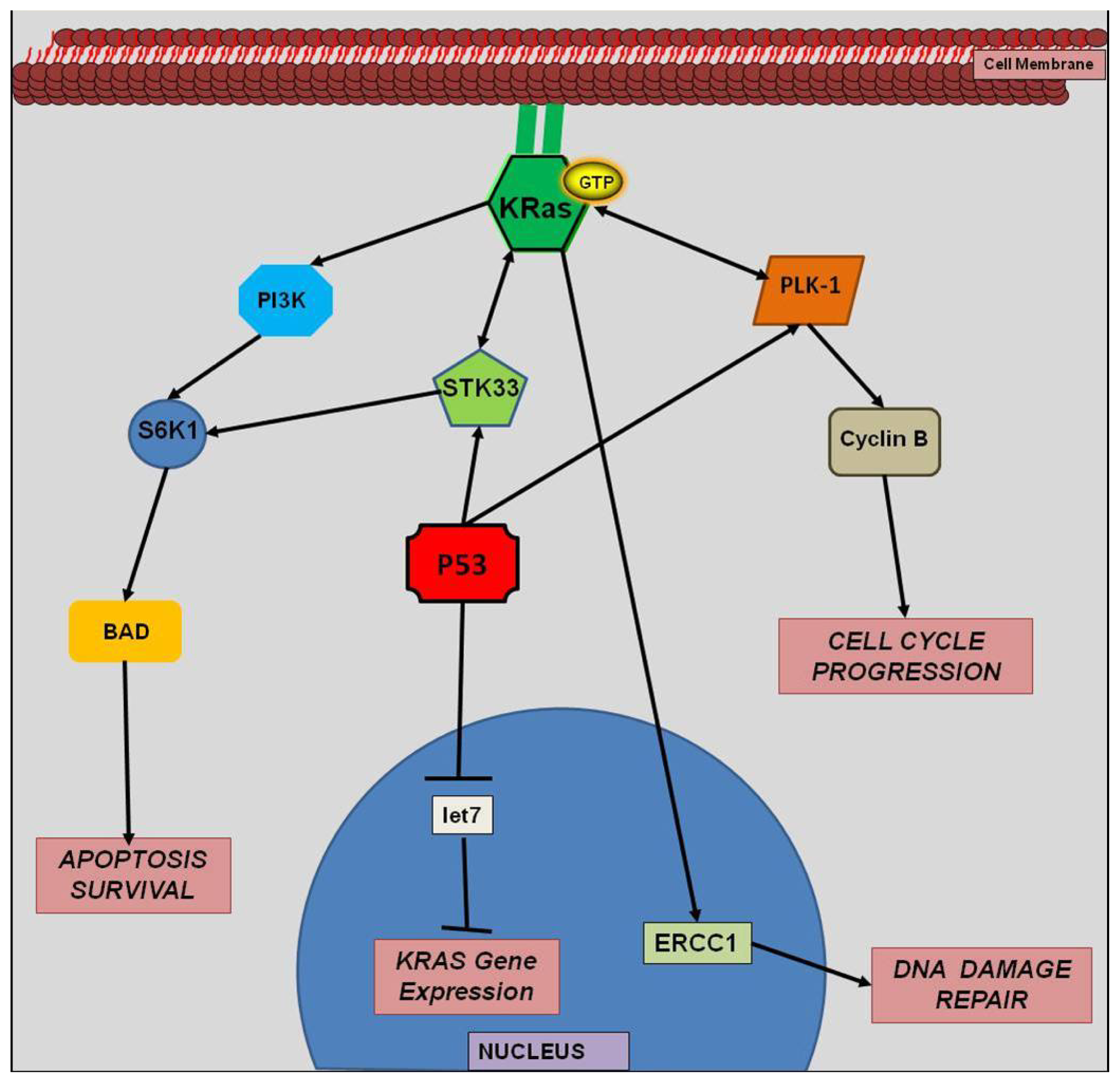



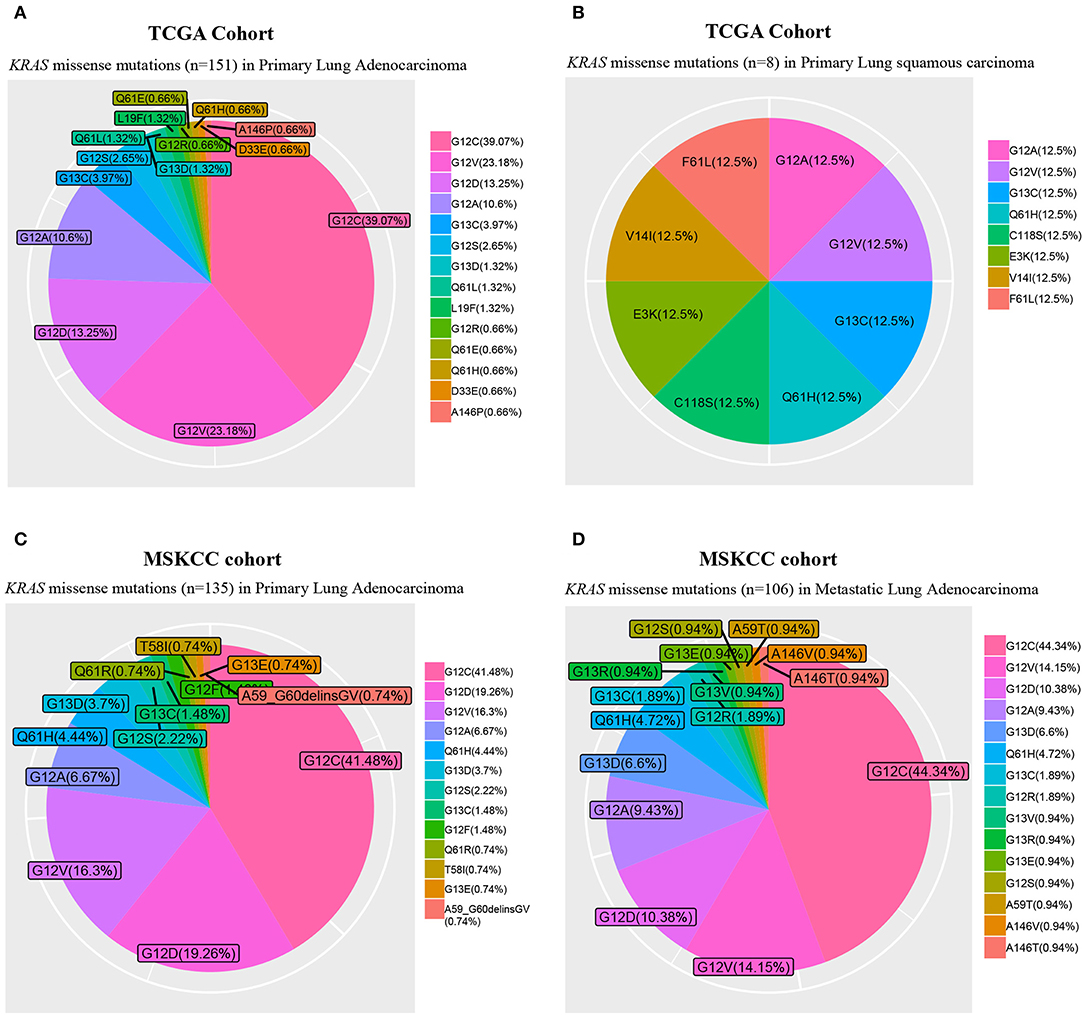
.jpg)






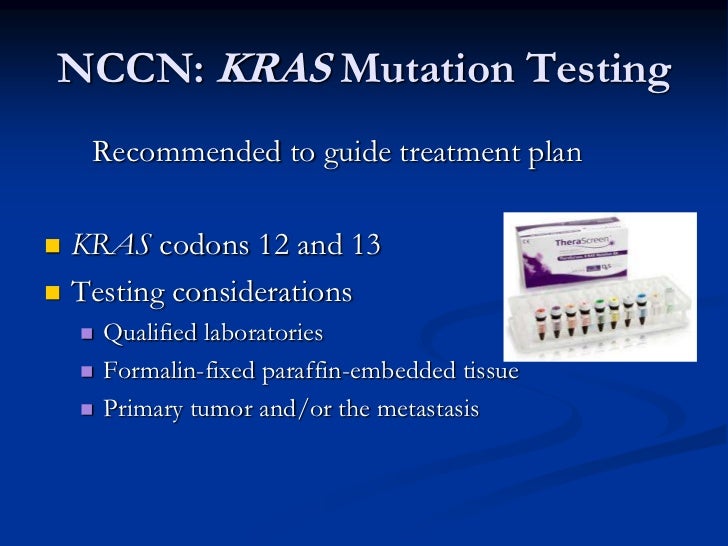
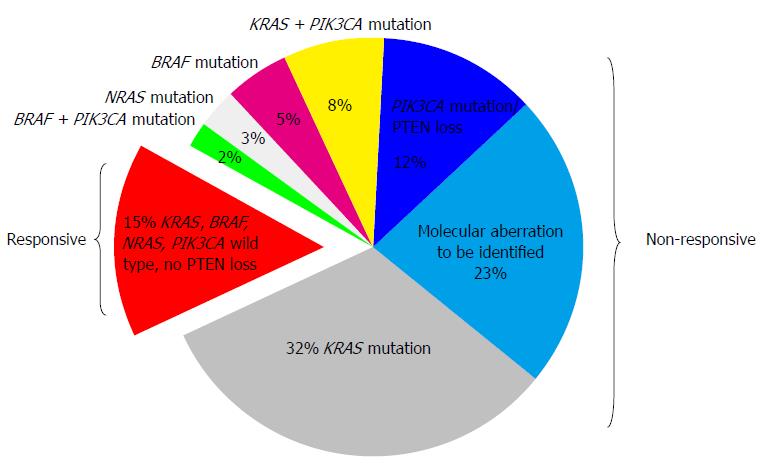


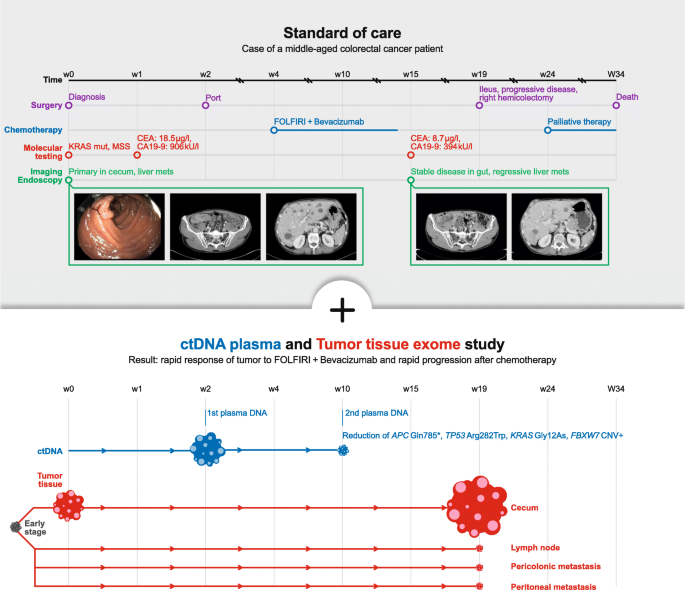
Post a Comment for "Kras Mutation Colon Cancer Treatment"